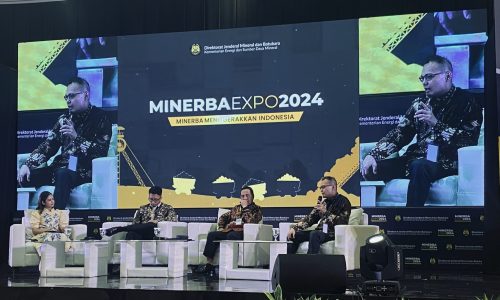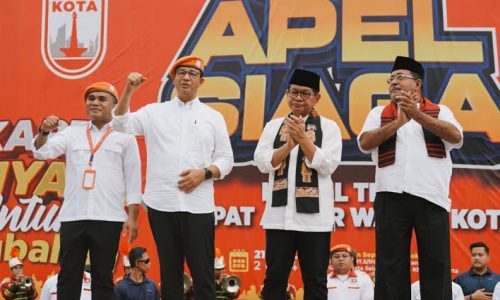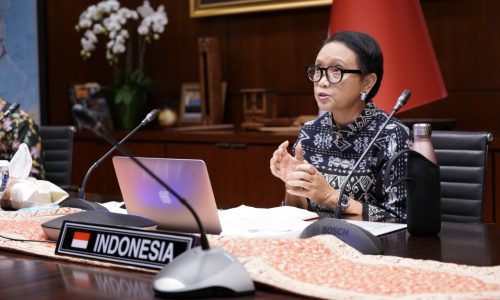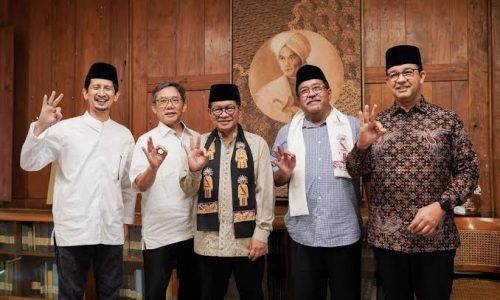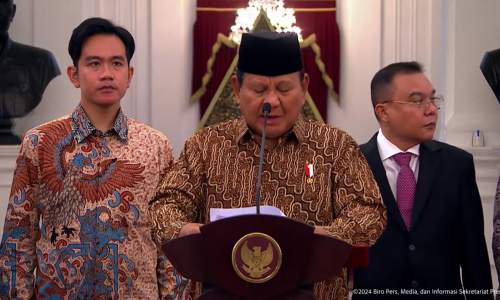The issuance of Government Regulation (PP) No. 25/2024, which revises PP No. 96/2021 on the Implementation of Mineral and Coal Mining Activities, has sparked controversy for allegedly conflicting with the Mineral and Coal Mining Law No. 3/2020. The new regulation prioritizes the offering of Special Mining Business License Areas (WIUPK) to religious community organizations, as stipulated in paragraphs 1-7 of Article 83A of the regulation.
Under this regulation, WIUPK areas, which are former Coal Mining Concession Work Agreements (PKP2B), can be allocated to religious ormas. However, this provision is seen as contrary to Law No. 3/2020, which requires that relinquished PKP2B areas be auctioned to state-owned enterprises (SOEs) and regional-owned enterprises (ROEs) first.
Chairman of the Indonesian Mining Experts Association, Rizal Kasli, criticized the regulation, saying that according to Mineral and Coal Mining Law, only when SOEs and ROEs are not interested can the areas be offered to private entities, which include religious community organizations.
“Thus, these areas cannot be directly given to ormas without an auction. The auction process includes state revenue in the form of Non-Tax State Revenue (PNBP) from Data and Information Compensation (KDI),” he said as quoted by Katadata.co.id on Monday, June 3, 2024.
Rizali warned that bypassing the auction for Special Mining Business License (IUPK) offerings could result in potential state losses. He also expressed concerns that the regulation could spark public controversy and might lead to judicial reviews.
Article 83A paragraph 1 of PP 25/2024 stipulates that in order to improve community welfare, WIUPK can be prioritized for offer to business entities owned by religious community organizations. Paragraph 2 specifies that this priority offer is valid for five years from the enactment of the regulation.
Paragraph 3 mandates that any IUPK obtained by religious community organizations cannot be transferred or assigned without the Minister’s approval. Paragraph 4 requires that religious community organizations must hold majority ownership and control of the business entity. Paragraph 5 prohibits these religious community organizations from collaborating with PKP2B holders or their affiliates when operating the IUPK.
PKP2B refers to agreements between the Government of the Republic of Indonesia and Indonesian legal entities for conducting coal mining business activities.
The regulation’s critics argue that the new rules could undermine the legal framework established by the Mineral and Coal Mining Law and potentially lead to legal and economic repercussions for the country.



